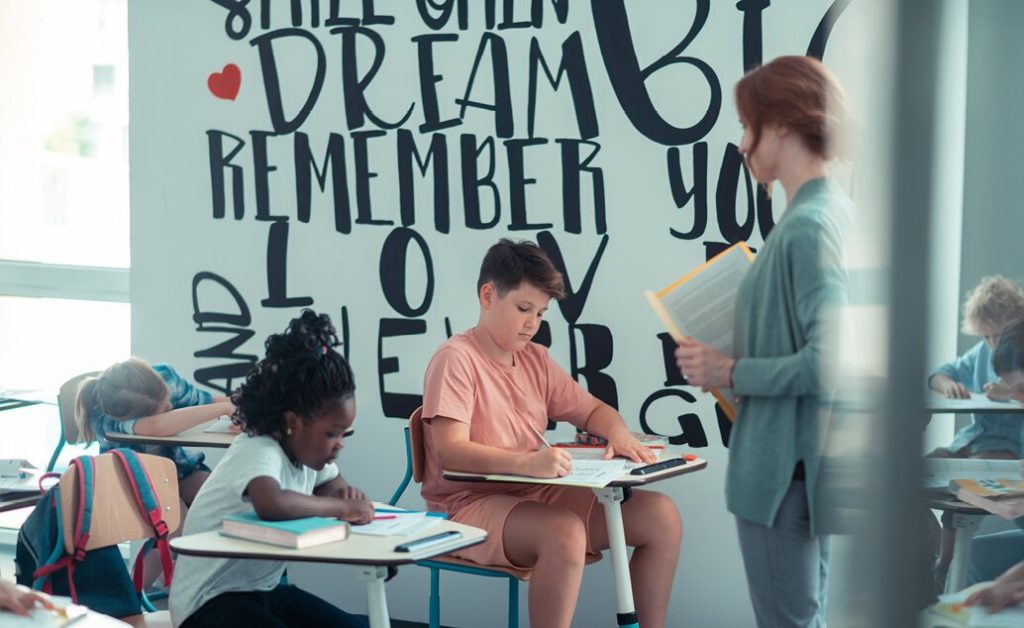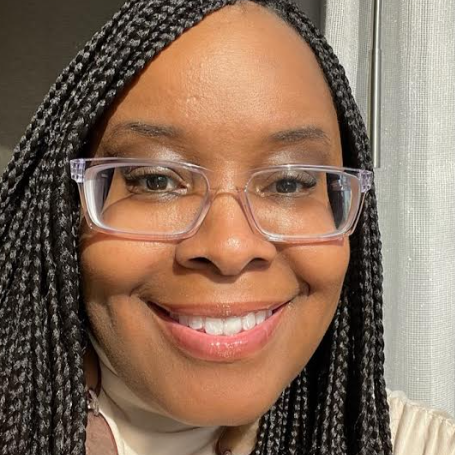
The biggest phrase of the 2021 school year was “learning loss.” School districts across the nation are gearing up to close the gaps many students experienced during the pandemic.
Although the intentions are worthy, we should consider avoiding words like “loss” with students. These words carry negative connotations, which can trigger harmful memories for students, especially those who experienced loss during the pandemic. Instead, we can shift the narrative from “learning loss” to more positive “learning opportunities.”
Use “Winning” Language
Imagine this simple exchange:
Student: What are we doing today?
Teacher: We’re going to work on your learning loss.
Now, consider the same exchange with different language:
Student: What are we doing today?
Teacher: We’re going to work on opportunities to learn.
It seems simple at first, but using positive language can have a tangible impact on students’ experiences. As we prepare to welcome students back into our classrooms, we must choose our words with intention. Instead of phrases such as “learning loss,” “missed instruction” or “failed practices,” consider using positive alternatives like “learning opportunities,” “student options” or “best practices.”
Offer Incentives
Students may need a little extra motivation to stay engaged. Try offering incentives to push them towards growth. This doesn’t have to cost a lot of money; incentives can be as simple as giving students “free time” at the end of the school day to recognize their work. Other no-cost or low-cost incentives include:
- Written note – A note of thanks or recognition on a card or sticky note can make a kid’s day
- Positive phone call – Providing praise to parents and guardians is sure to make a kid smile
- Certificate – Use your favorite software program or sites such as Canva to create fun documents of recognition
Set Goals and Promote Progress
Students are more likely to take initiative when they feel learning is a process done “with” them and not “to” them. Try developing personal goals with your students to give them a sense of ownership over their learning. To avoid overwhelming them, set a series of short-term goals (one per grading period) or one long-term goal with several progress measures. Be intentional about meeting with students during the school year to check their progress and to offer support and guidance when challenges arise.
When students meet their goals, recognize their achievements to reinforce their success and promote their progress. Students who feel valued and supported as they learn are more likely to continue working on their goals as opposed to giving up.
Educators have a unique opportunity to set a positive tone for students. Let’s take this moment to ensure students can take their learning to the next level in environments designed to nurture and support their journeys.
Equip yourself with the best instructional strategies to help your students succeed. Explore American College of Education’s fully online education programs.

